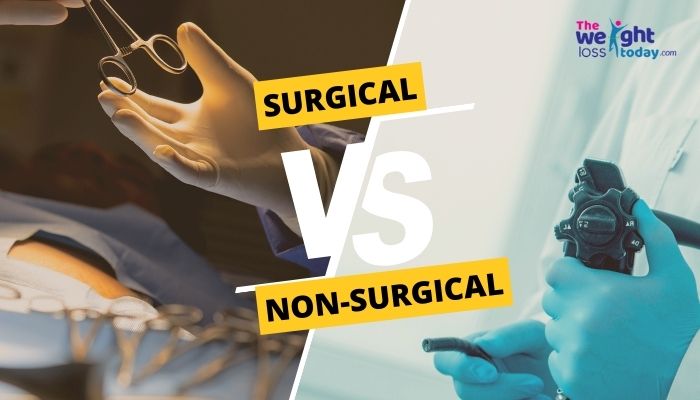
Sleep apnea and how it is associated with Obesity
Sleep apnea refers to a condition in which
58,998 total views, 121 views today
Home » Gastric Revision
For obese patients, bariatric surgeries are like a dream come true. Pounds (or kgs) of weight seem to drop effortlessly and their health improves dramatically. Bariatric surgeries are proven to have long-lasting and a significant impact on weight loss and have been practiced by surgeons worldwide.
Unfortunately, for some patients the results of these surgeries are short-lived. After certain years of surgery, their weight starts creeping upward and the health concerns associated with obesity also return.
When bariatric surgery fails to offer a long-term result in weight loss, many such patients can get a second chance through bariatric revision procedures.
Depending on the surgery you have undergone, the revision procedure helps to address the inadequate weight loss or weight regain. These procedures also help to address gastric issues associated with bariatric surgeries such as acid reflux or gastroesophageal reflux disease (GERD).

Sleep apnea refers to a condition in which
58,998 total views, 121 views today

Since the beginning of 20th century, the overall
58,974 total views, 120 views today

New year is the time for new beginnings.
59,674 total views, 120 views today

Weight loss can be tricky business, as it
59,545 total views, 120 views today

According to a recent study, weight loss through
60,444 total views, 120 views today

According to a recent study, preoperative very low
60,445 total views, 120 views today

A recent study conducted on GERD (Gastroesophageal Reflux
60,450 total views, 121 views today

A recent study done to examine the long-term
59,327 total views, 116 views today

Overweight and obesity is a major health concern
29,596 total views, 84 views today

A recent study published in the Journal of
28,786 total views, 84 views today

The findings from a recent study, published in
29,026 total views, 83 views today

The findings of a recent study, published in
29,427 total views, 84 views today